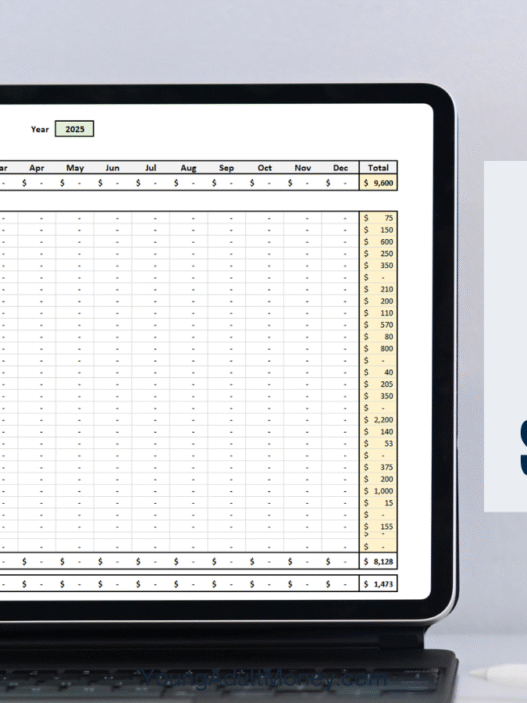Credit cards can be powerful financial tools… when used wisely. They offer convenience, build credit history, and sometimes even reward spending. But if mismanaged, they can quickly lead to financial headaches. Whether you're new to credit or have been using cards for years, it's easy to fall into common traps that could impact your credit score, increase your debt, or cost you unnecessary interest. Let's explore some of the most frequent credit card mistakes Australians make – and how to steer clear of them.
Only Paying the Minimum Repayment
Paying just the minimum amount due each month might seem manageable, but it can be deceptively expensive. Interest accrues on the remaining balance, and over time, your debt can snowball – this is one of the most common ways credit card users end up in long-term debt.
Avoid it: Always aim to pay off your full balance each month. If that's not possible, try to pay more than the minimum (every dollar counts towards reducing interest charges).
Ignoring the Interest-Free Period
Many credit cards offer an interest-free period on purchases, usually up to 44 or 55 days. However, this benefit typically only applies if you pay the full closing balance by the due date.
Avoid it: Know your billing cycle and due dates. Set reminders or automate payments to make sure you're clearing your balance in time. Better still, consider an interest free forever credit card if you want to avoid ongoing interest charges altogether.
Making Late Payments
Late payments not only attract fees, but they can also negatively impact your credit score. A poor repayment history may affect your ability to borrow in the future.
Avoid it: Set up automatic payments or calendar reminders. Even paying the minimum on time is better than paying late.
Maxing Out Your Credit Limit
Using too much of your available credit (also known as a high credit utilisation ratio) can signal to lenders that you're overextended financially—even if you're making repayments.
Avoid it: Try to use no more than 30% of your credit limit. If you find yourself regularly hitting the ceiling, it might be time to reassess your spending or request a limit increase.
Taking Out Cash Advances
Withdrawing cash from your credit card might seem like a convenient solution in a pinch, but it typically incurs high fees and interest—immediately and without any interest-free period.
Avoid it: Use your debit card for cash withdrawals. If you're in urgent need of funds, consider alternatives such as short-term personal loans or speaking with your financial institution.
Applying for Multiple Cards at Once
Each credit card application results in a hard enquiry on your credit report. Too many applications in a short period can lower your score and suggest financial instability.
Avoid it: Research thoroughly and only apply for a card that suits your needs and spending habits. Don't be tempted by every “special offer” that hits your inbox.
Not Reviewing Your Statements
Failing to check your monthly statements can lead to missed fraud, billing errors, or forgotten subscriptions quietly draining your account.
Avoid it: Make it a habit to review your statements each month. Many banks allow you to flag suspicious transactions with a few clicks online.
A credit card used correctly can provide flexibility, security, and even financial perks… but misuse can be costly.
By avoiding these common pitfalls and staying informed about your repayment obligations, you'll be better placed to enjoy the benefits – without the sting of avoidable debt.
The post Common Credit Card Mistakes (And How to Avoid Them) appeared first on MoneyMiniBlog.



















